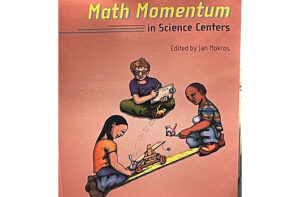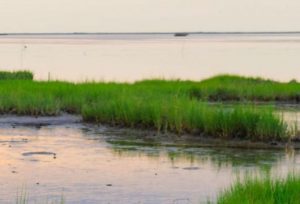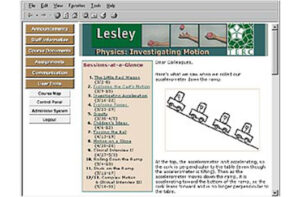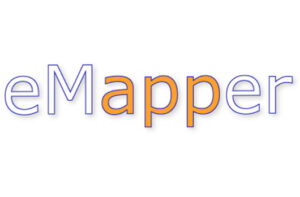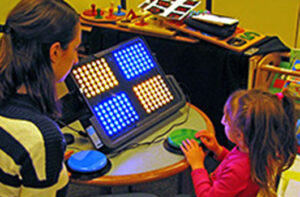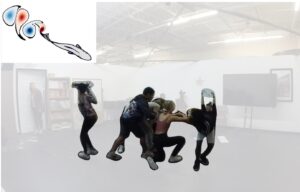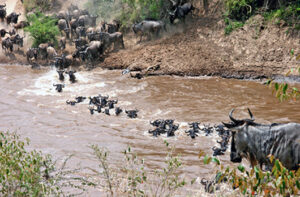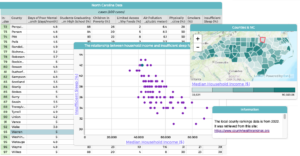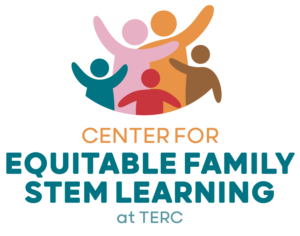Designer Considerations and Processes in Developing School-Based Citizen-Science Curricula for Environmental Education
Anushree Bopardikar, Debra Bernstein, and Susan McKenney
Bopardikar, A., Bernstein, D., & McKenney, S. Designer considerations and processes in developing school-based citizen-science curricula for environmental education. To appear in Journal of Biological Education.
Abstract
School-based citizen-science can be a powerful means to engage youth in environmental education, yet developing robust science curricula around citizen-science activities is tremendously challenging. Prior research provides limited examples and very little guidance for curriculum designers. To support the designers of school-based citizen-science curricula, this research article presents a participant-observation case study of designer thinking and processes in creating and integrating in-class curriculum with citizen-science fieldwork. Interviews, observations, and documents of designer work aimed at supporting middle school students’ learning of climate change were analysed to gain insight into designer thinking, challenges, and resolutions. Findings indicate how designer work evolved through various measures, including appraisal by external advisors, inspiring examples, surveys of teachers’ implementations, and written pre-post assessments of student learning throughout the phases of analysis, development, and evaluation of the curriculum. Four key considerations for designing school-based citizen-science curricula emerged from the data: creating the learning environment around the fieldwork; tackling concerns about data quality and utility; making scientist-designed fieldwork engaging to students; and balancing scientific and educational goals. These considerations are discussed in light of relevant literature, and educational implications for design and research are presented.


